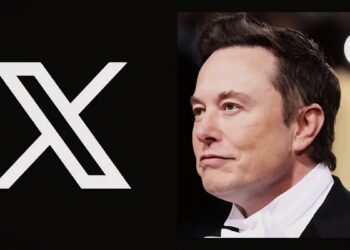Select Language:
In a recent development, major entertainment giants Disney, Universal, and Warner Bros. have united to file a lawsuit against MiniMax, a platform known for its AI-generated content. This legal action marks another chapter in the ongoing debate over AI and copyright laws within the entertainment industry.
The lawsuit alleges that MiniMax has been unlawfully using proprietary content owned by these industry leaders without proper authorization. According to court documents, the platform’s use of artificial intelligence to create derivative works has raised significant intellectual property concerns, prompting the big players to take legal action to protect their rights.
This case underscores the growing tension between technological advancements and copyright regulations. Industry experts say that as AI tools become more sophisticated, questions around ownership and licensing of AI-generated creations are becoming increasingly urgent. The companies involved argue that allowing such AI-driven content to proliferate without oversight could undermine copyright protections and innovation.
Legal analysts suggest that this lawsuit could have far-reaching implications for the entertainment industry and AI development. It signals a need for clearer guidelines and regulations to navigate the complex landscape of AI-generated content and intellectual property rights.
As the case unfolds, industry insiders and legal observers will be watching closely. The outcome may set important precedents on how copyright law adapts to rapid technological changes, especially in creative fields where AI is beginning to play a transformative role.





